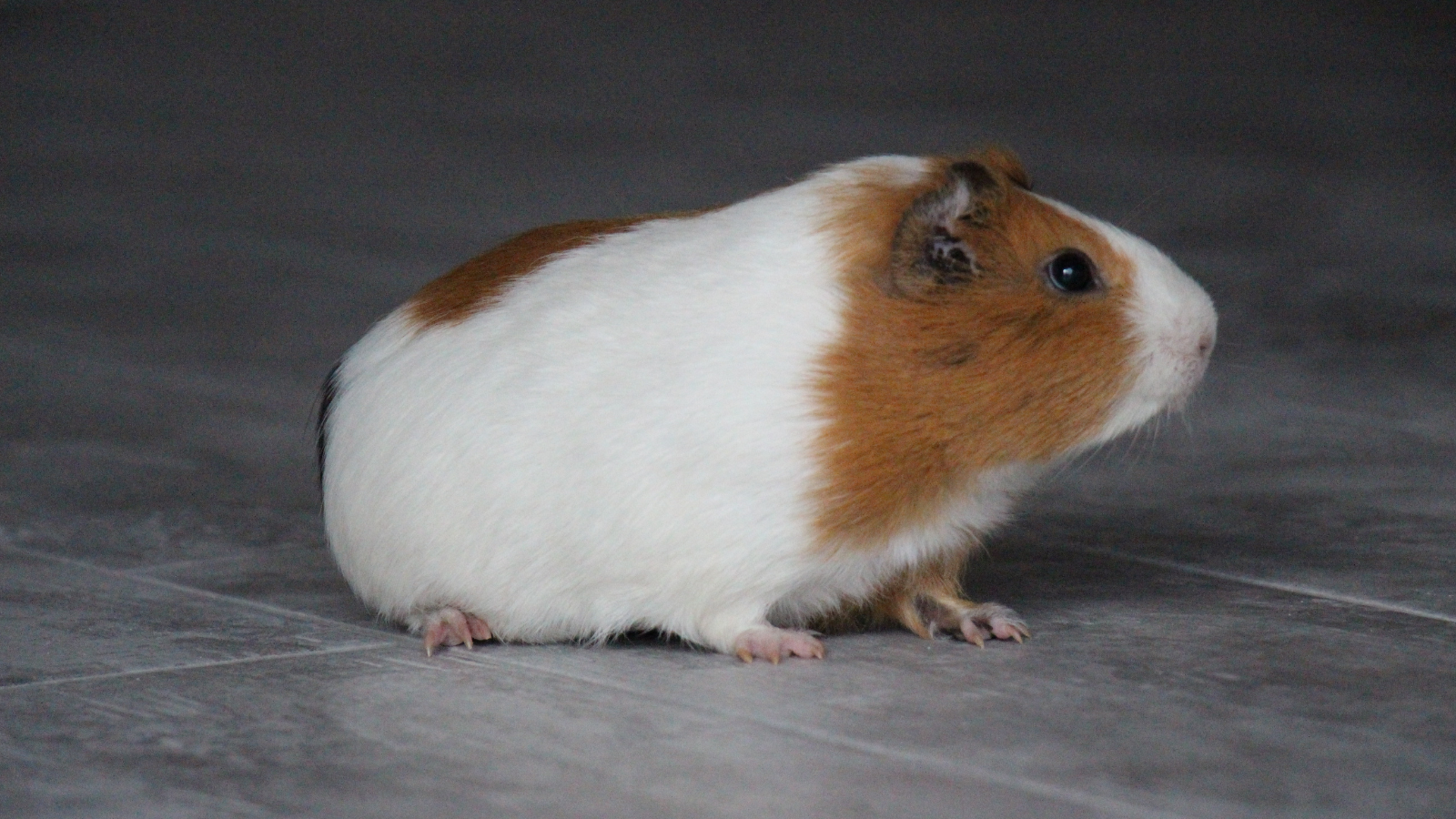Rabbits, guinea pigs, hamsters, and other small mammal pets may be little in size, but they require just as much attention and medical care as their larger counterparts. Because most of these small mammals are prey animals by nature, pocket pets often hide signs of illness until it’s serious. Recognizing the warning signs and seeking care from a qualified pocket pet veterinarian can significantly improve chances of recovery. The Pet Clinic believes that even the tiniest family members deserve the best care.
Warning Signs of a Sick Small Mammal Pet
By the time you notice something’s wrong, your small mammal pet may already be in distress. Watch closely for these red flags that could indicate your exotic pet is unwell, such as:
- Lack of appetite or refusal to eat
- Changes in droppings: fewer, misshapen, or unusually soft
- Sudden weight loss or thinning appearance
- Lethargy, excessive hiding, or uncharacteristic aggression
- Discharge from the nose, eyes, or ears
- Sneezing, wheezing, or noisy breathing
- Hair loss or visible skin irritation
- Difficulty moving
- Head tilting
- Overgrown teeth or excessive drooling
If you notice any of these symptoms or other concerning changes, contact a pocket pet veterinarian for care right away. The health of small mammal pets like rabbits and ferrets can decline quickly, and a delay could mean a much more serious outcome.
Conditions That Require a Pocket Pet Veterinarian
Dental Issues
Certain pocket pets like rabbits and hamsters have teeth that grow continuously. If they don’t wear down properly, it can lead to painful overgrowth, abscesses, or difficulty eating. Signs of dental issues in small mammal pets include wet fur around the mouth, weight loss, or chewing oddly.
Respiratory Infections
Rabbits in particular are prone to infections like “snuffles,” which can cause sneezing, eye and nose discharge, and breathing difficulties. These can become chronic if not treated promptly.
Mites and Skin Issues
Bald spots, scabs, or scratching can point to parasites like fur mites or mange. An exotic vet can confirm the diagnosis and recommend safe, effective treatment for your pocket pet.
Ear Infections
Ear infections can cause imbalance, head tilt, or discharge in small mammal pets. Without early intervention, some ear infections can lead to permanent neurological damage.
GI Stasis
A life-threatening condition pets like rabbits and guinea pigs, GI stasis happens when the digestive system slows or stops. Symptoms include lack of droppings, bloating, and lethargy.
Urinary Problems
Blood in the urine and straining to urinate may indicate that your pet has bladder stones or infections. These conditions require veterinary diagnosis and treatment.
Tips for Monitoring Your Pocket Pet’s Health
- Feed a proper diet rich in nutrients
- Provide clean, safe housing with proper ventilation
- Weigh your pet weekly; unexplained weight loss is a major early warning sign
- Monitor behavior daily and act quickly on changes
- Schedule annual exams with your pocket pet veterinarian
Veterinary Care for Pocket Pets in Biloxi, MS
Recognizing early signs of illness and bringing your small mammal to a trusted pocket pet veterinarian can save their life. The Pet Clinic supports owners with veterinary care for rabbits, pocket pets, and exotics in Biloxi and for surrounding areas like Ocean Springs and Gulfport. Call us to schedule an appointment with our exotic veterinarian.

